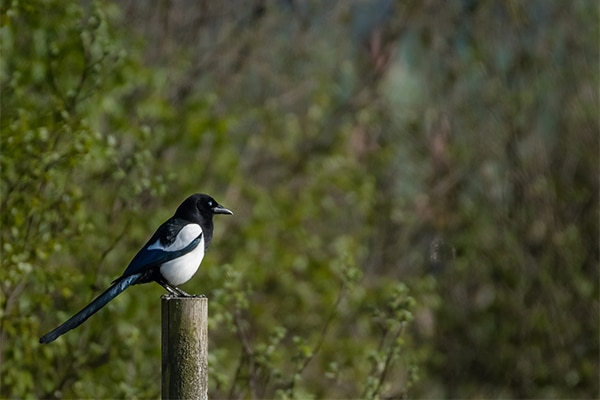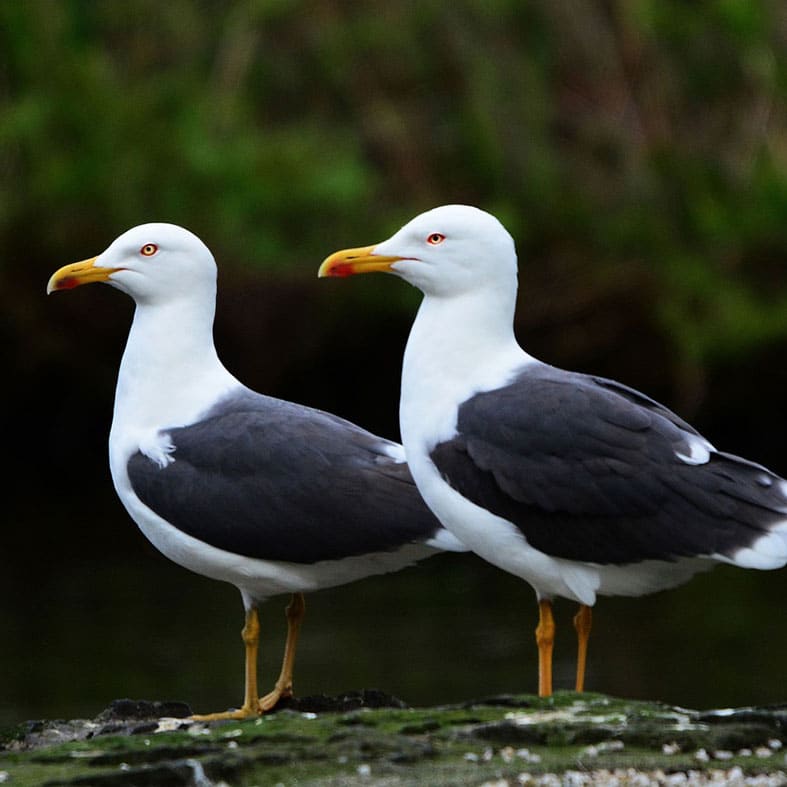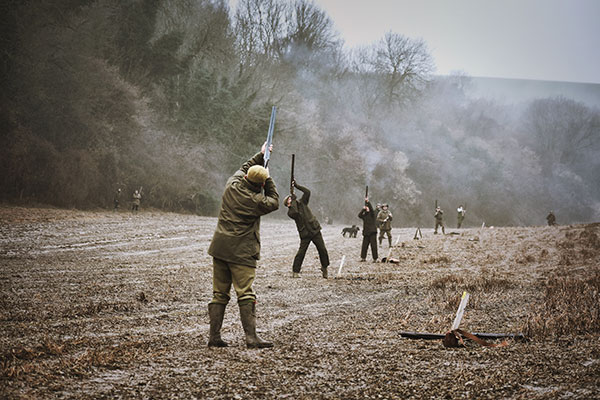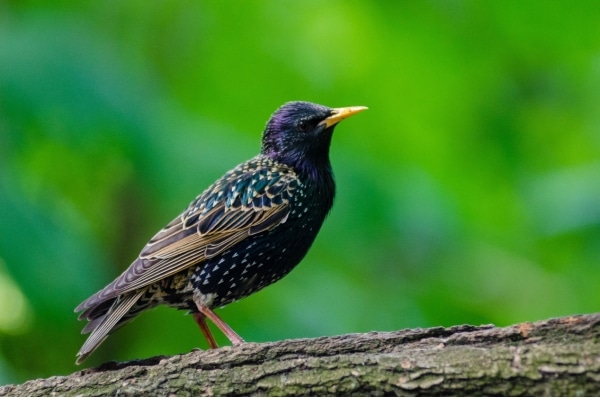
Northern Ireland
All the latest news and advice concerning general licences, in Northern Ireland, and how they affect you.
Get information on the legal shooting season for mammals and birds in the UK.
Apply for funding for your project or make a donation today
Comprehensive information and advice from our specialist firearms team.
Everything you need to know about shotgun, rifle and airgun ammunition.
Find our up-to-date information, advice and links to government resources.
Everything you need to know on firearms law and licensing.
All the latest news and advice on general licences and how they affect you.


Home » Science and research » Review of evidence on the impact of gulls on wild birds
Predatory gull species have been reported to impact other seabird species, however their impact on many wader species is less well understood. This study, undertaken by C. Heward, Head of Wetlands at GWCT, drew together literature on the predation events by great and lesser black-backed gulls (Larus marinus and Larus fuscus), herring gulls (Larus argentatus) and other relevant gull species on wild birds as well as potential impacts of such events on the conservation status of prey species.
Evidence shows that gulls predate a wide range of eggs, chicks and adults of other wild bird species. Gull diet within a species varies depending on location and has changed over time. It is apparent that individual gulls can develop specialisms for predating on certain species which is important to consider regarding lethal control as the removal of ‘problem’ individuals will have a large, localised benefit to the impacted prey.
Although the evidence surrounding the impact of gulls on terns and other colony dwelling coastal species is quite substantial, there are limited studies investigating inland and urban colonies. The evidence base for wader predation is also very limited with most studies using artificial nests which are known to be a poor comparison. What evidence there is suggests that waders are most at risk to gull predation at the chick stage.
This study has highlighted that there are huge knowledge gaps in this area which will guide future workflows. If these knowledge gaps are not addressed, an increase in gull-specific licences being granted is unlikely and may continue to limit game bird and wader persistence at specific sites.
For more information on this internal report, contact evidence@basc.org.uk .

All the latest news and advice concerning general licences, in Northern Ireland, and how they affect you.

Released gamebird numbers decline throughout the season, making end-of-season shooting more unpredictable.
